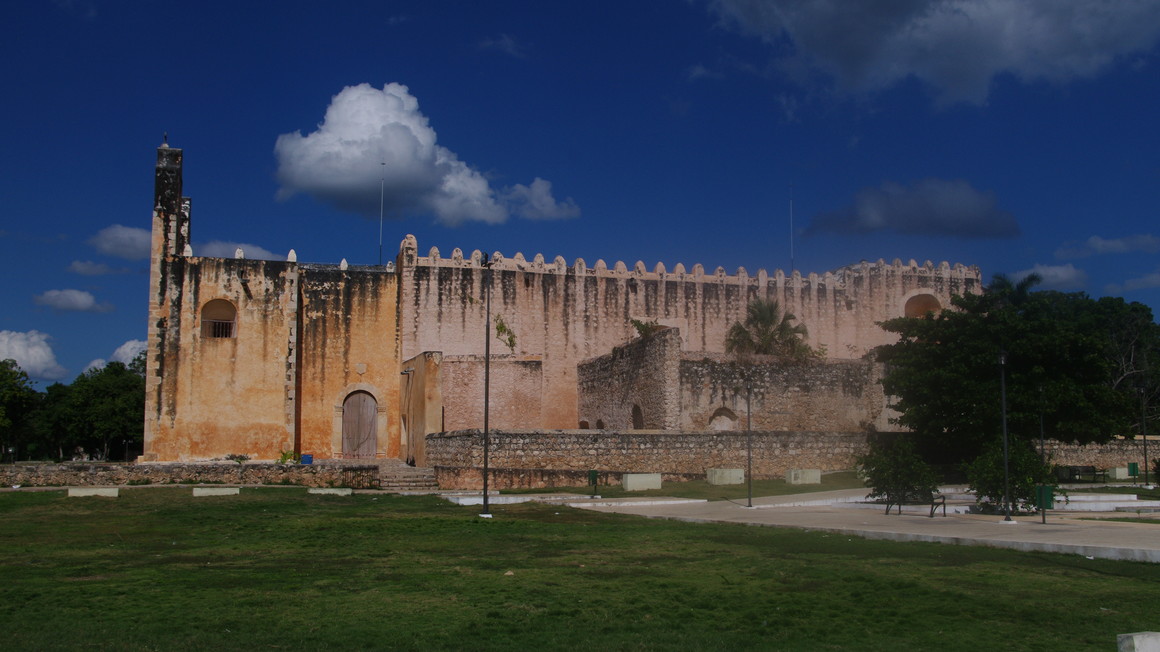
Mexico: Mayan Women
Meliponiculture, or rearing of stingless bees for honey production or pollination, is as ancient as the Mayans themselves. For centuries, Mayans have worshipped the stingless melipona bee. The stingless bee, besides pollinating over 60% of the Mayan forest, produces honey that is an antioxidant that contains many healing properties and is an essential ingredient of traditional Mayan medicine. But in the last quarter of the century, the Yucatan peninsula has witnessed a steep decline in the native stingless bee population.
Beekeepers testify to a 93% decrease in Melipona Beecheii hives during the period. The causes of this alarming decline are numerous and at risk of dying along with the insect is a beekeeping tradition that for centuries has been sacred to the Mayans for its spiritual benefits. Today, many programs exist to bring back Meliponiculture in the Yucatan peninsula. But few of them have welfare of the poorest at their heart. It is estimated that out of the 28 million people in Mexico trapped in extreme poverty, 13 million are women living in remote rural areas. A large proportion of these women are Mayan descendants living in the Yucatan peninsula. In 2017, Alstom Foundation collaborated with Fundación Mexicana para el Desarrollo Rural to pull these women and their families out of poverty and to help revive Meliponiculture in the southern part of Yucatan peninsula. In a span of 1 year, 81 Mayan women in 6 municipalities were organized into 5 groups and provided with training and technical assistance to rear Melipona Beecheii, with spectacular results. At the end of the program, the average income per participating woman rose from Mex$320 to Mex$1069.
In small groups, the women learned to take care of their meliponaries and produced 37 different types of products such as honey, soap, cream, etc. The workshops were focused on administrative, organizational or trade related tasks that helped the women market their products effectively. Not only did this project help the participating women to better their living conditions by supplementing their family income, but it also enabled them to play a more central role in their own families and in the community.
Gladis, a participant talks about how this program helped her gain confidence. “I only did Elementary school, I couldn´t go to high-school and I was really afraid of handling money, but now I am the treasurer of my group. I am no longer afraid of going out by myself and I can manage my own life. I even have my husband´s support and he helps me with the children. Before I was doing everything by my own. My life is getting better”. When we asked Fanny, another participant, what she is doing now that she couldn’t even imagine doing before, she recalls having held a mobile phone for the first time. “Before, having a cell phone was inconceivable – who was I going to call? Who could I possibly send messages to? But now as the group representative, I must call and send messages to my co-workers. I feel more confident and I am no longer afraid to step out of my community to sell what we produce.”


